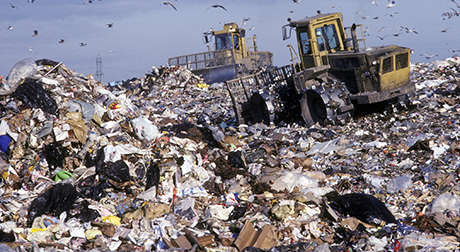What to know
Many substances in the environment can produce odors. You typically smell these odors when you are outdoors and sometimes when you are indoors with your windows open. People who are sensitive to environmental odors should stay indoors when odors are strong or leave the area for a few hours.

How pregnancy increases risk
In general, the effect on a pregnant woman depends on a number of factors including:
- The stage in your pregnancy (the fetus is more vulnerable during the first trimester)
- The amount of substance (concentration) in the air that you are breathing
- How often (frequency) you are breathing that air
- How much time (duration) you spend breathing that air
When odors are present, staying indoors or leaving the area for a few hours can help.
How age affects risk
Children
Young children have a faster breathing rate than adults, so they breathe in more of the odors.
Some chemicals producing the environmental odors can be heavier than air and stay closer to the ground where children play. Because children are small and play or crawl on the ground, they can have higher exposure to these odors-producing chemicals.
Older adults
The sense of smell decreases with age. Sometimes elderly people may not be able to smell environmental odors, so they continue to stay in an affected area. Symptoms will depend on:
- Their health status
- The amount of substance (concentration) in the air that they are breathing
- How often (frequency) they are breathing that air
- How much time (duration) they spend breathing that air
Activities that can increase risk
In general, developing odor symptoms depends on the amount of a substance (concentration) in the air that you are breathing. It also depends on how often (frequency) and how much time (duration) you spend breathing that air. However, if you are sensitive to environmental odors, any level of odor may make you feel sick.
Jogging and other forms of exercise increase your breathing rate, making you breathe in more of the odor. Exercising indoors or in another location when odors are present can help.

